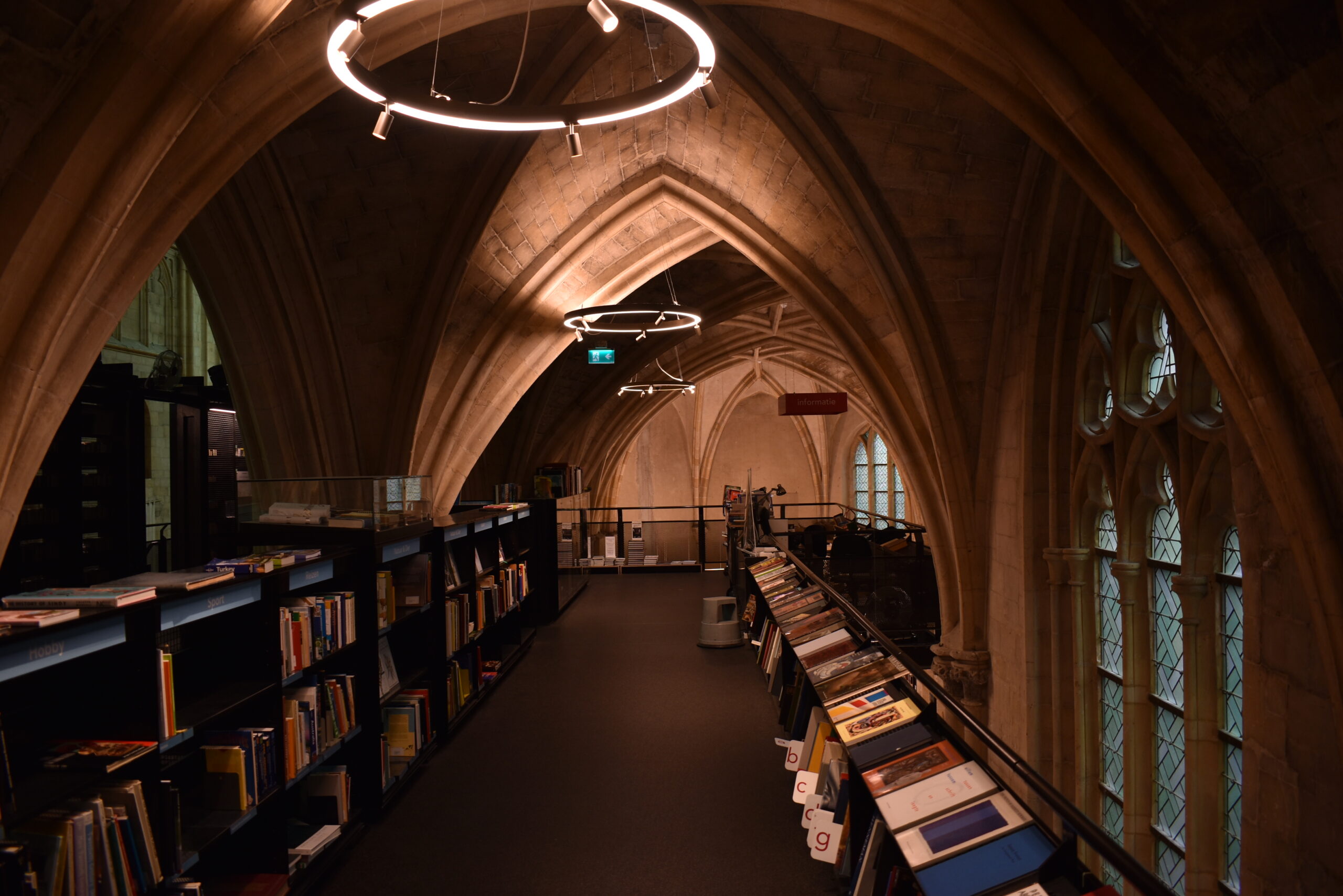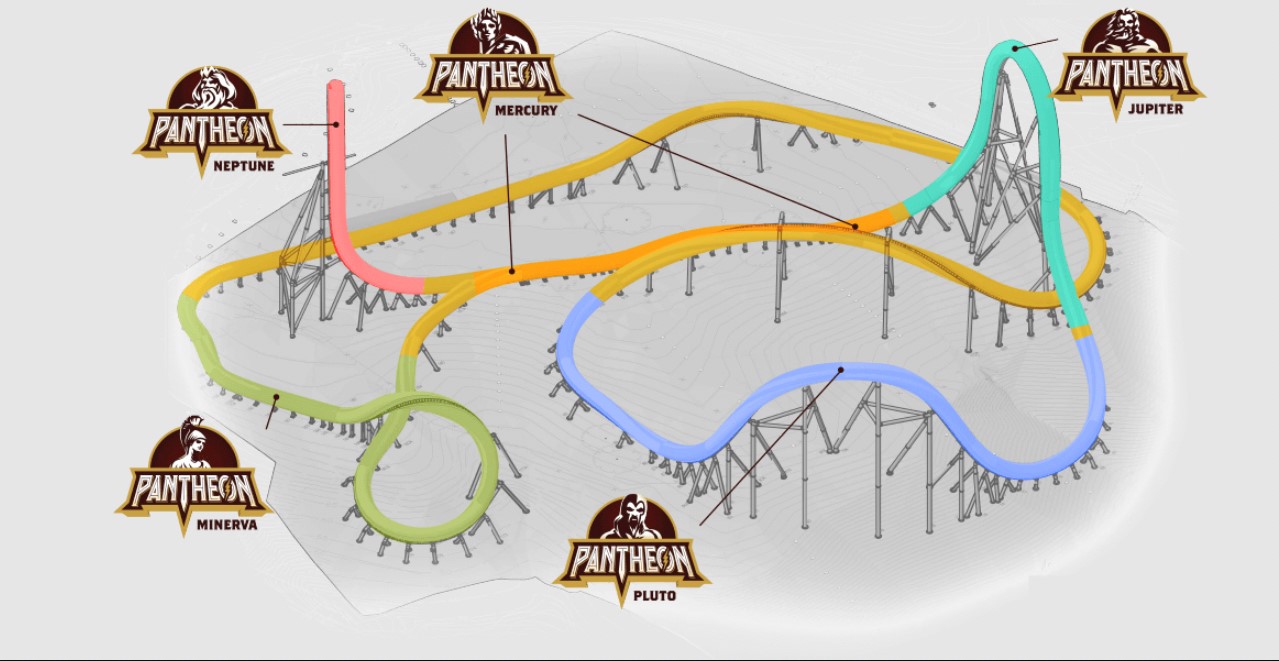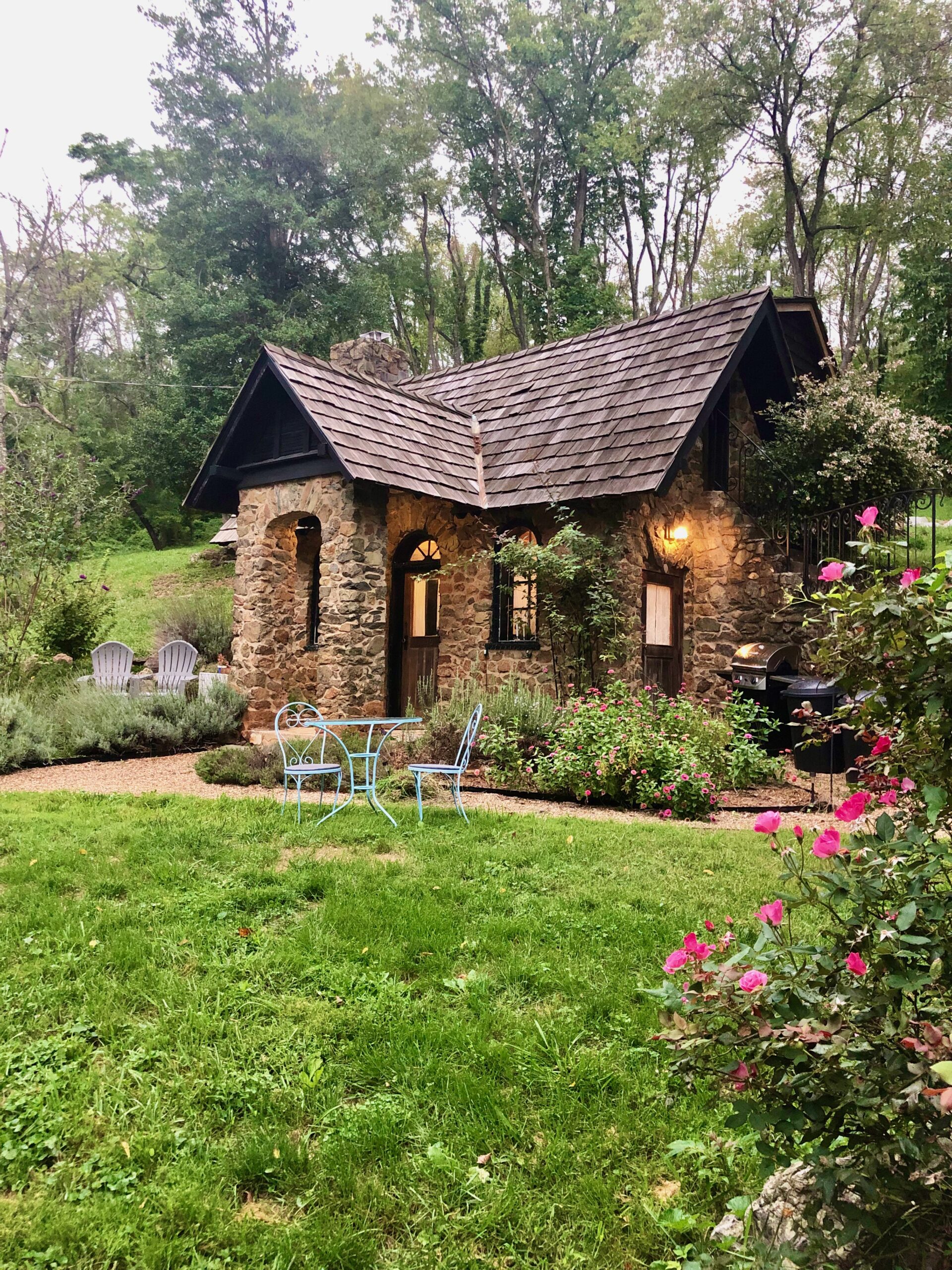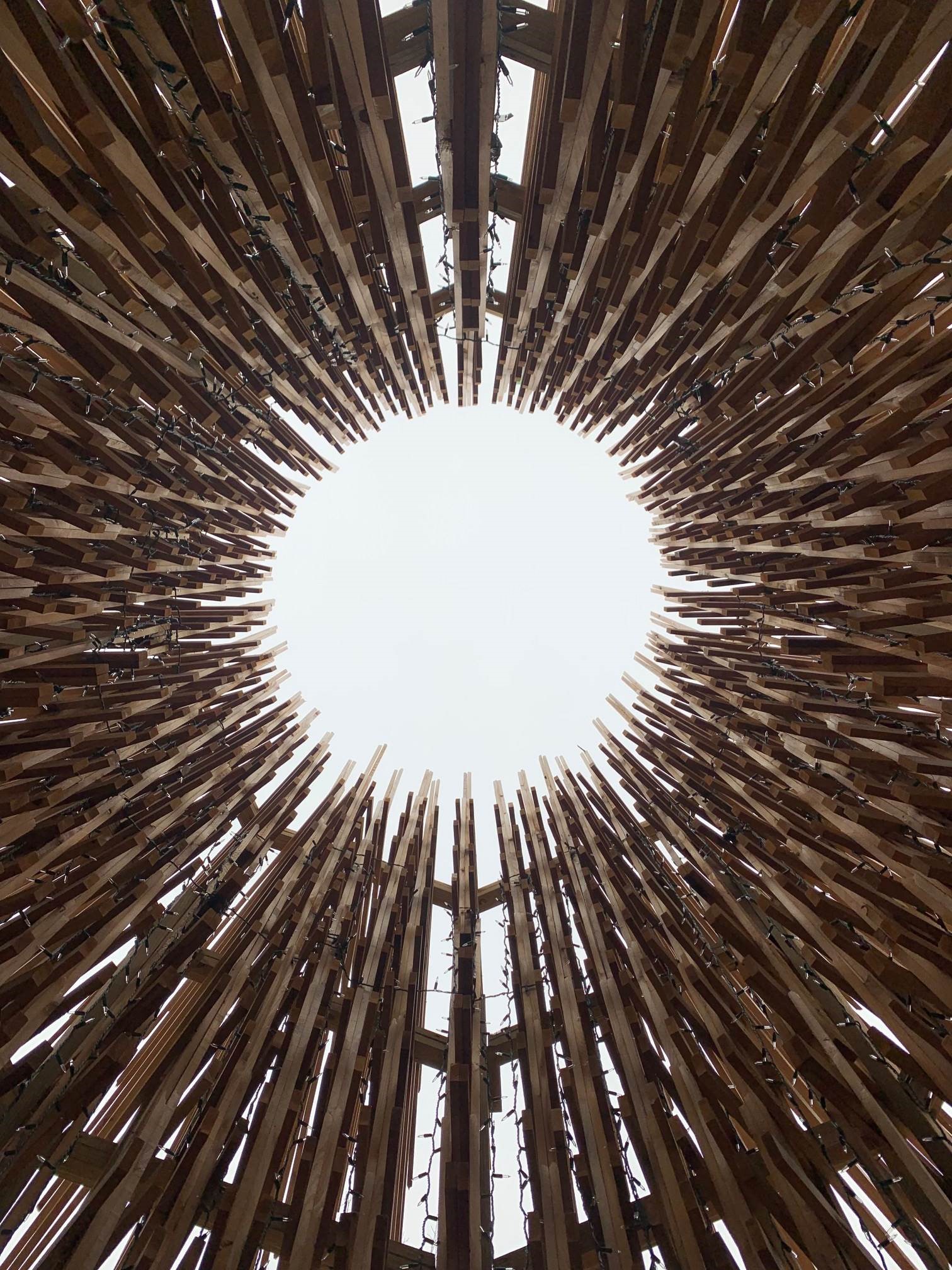Between the University of Virginia’s leafy main campus and downtown Charlottesville’s picture book pedestrian mall, the 10th and Page neighborhood has become a living case study for nearly 25 years in post-urban renewal revitalization. After the destruction of the predominantly African-American neighborhood Vinegar Hill in the 1960s, many of its residents reestablished themselves in and around 10th and Page, which has been a stronghold of Black homeownership and generational wealth for more than a century.
More »The Heathen’s Guide to Going to Church: Adaptive Reuse of a Bygone Typology
THE STORY
The heart of communities in the West has always been the church, where congregants have not only worshiped and found greater meaning in their lives, but built their social lives around this hub. However, in recent decades, changing demographics and secularization have depreciated the church’s position as the social locus of society. This phenomenon is particularly conspicuous in Europe where its large, historic cathedrals have become progressively more vacant.
More »See the Pantheon, Ride the Pantheon
At a top speed of 73 miles per hour and a 95 degree drop, thrill seekers can experience the world’s fastest multi-launch roller coaster at Busch Gardens Williamsburg this summer.
More »Virginia is for Lovers, Yurts
Travel has changed over the last two years. The uptick in flexible schedules and remote work means people are leaving home for longer periods of time and traveling to new destinations. This summer, AAA predicted that car travel is expected to set a new record despite the historically high gas prices.
More »Q+A: Alyson Steele, FAIA on a Museum for All, Not the Few
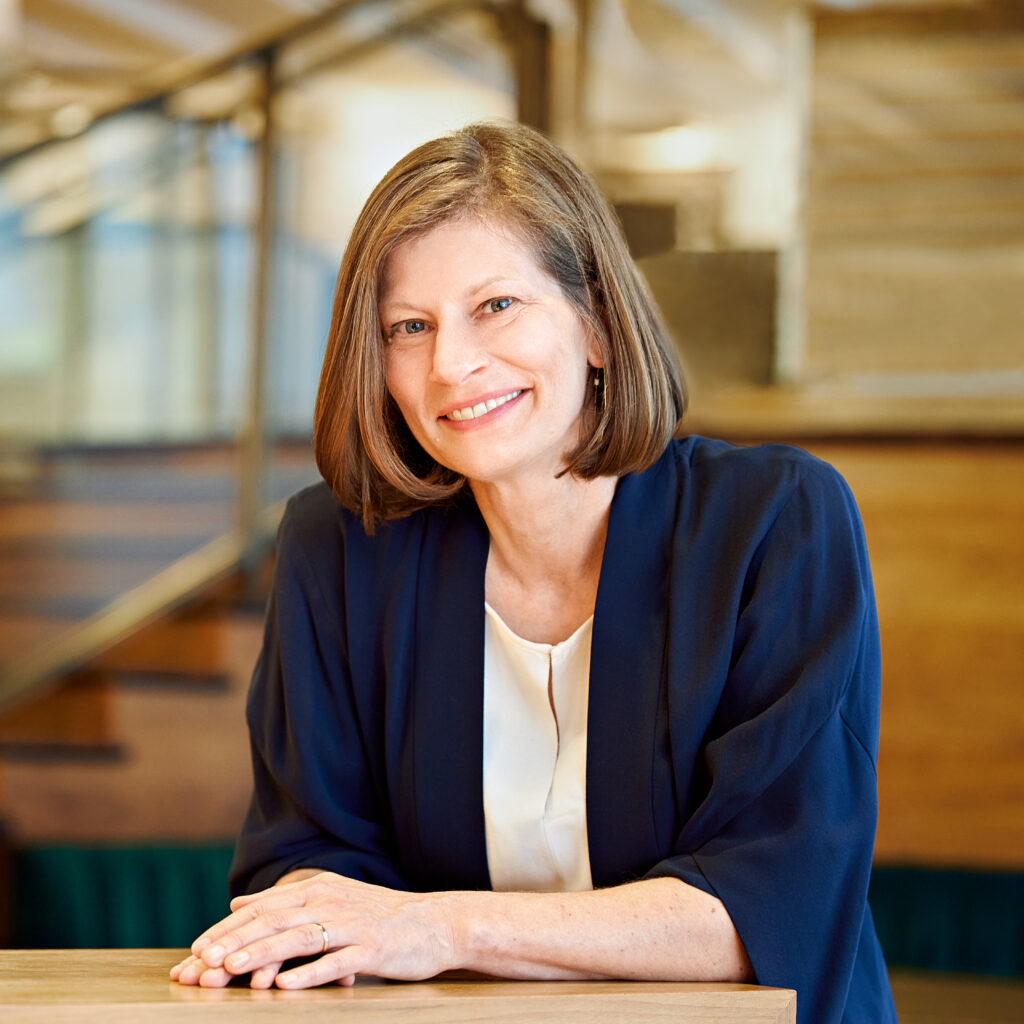
The National Museum of the American Latino opened the Molina Family Latino Gallery at the National Museum of American History in June. The 4,500-sq. ft. gallery is the Smithsonian’s first gallery dedicated to the Latino experience and Latino contributions to the United States. Designed to engage multigenerational and cross-cultural audiences, the Molina Family Latino Gallery integrates the universal principles of inclusive and accessible design. The content and overall experience are in English and Spanish and accessible to diverse visitors with varying physical, sensory, and brain-based conditions. Inform sat down for a conversation with Alyson Steele, FAIA, LEED AP, principal-in-charge for Quinn Evans, on the design of the gallery.
More »Design Forum’s Cazú Zegers: Ecocentric not Egocentric
Changing our egocentric culture to an “eco-centric” one, says the Chilean architect Cazú Zegers, is when we see ourselves as part of a complex system that needs to be treated with humility. It’s a message she shares as founder and director of Cazú Zegers Architecture and Foundation +1000. Named among the Latin American architects who break down barriers by Forbes Magazine in 2020, Zegers is a featured speaker for Design Forum: South is Up! June 3-4 at the Ballston Center at Marymount University in Arlington. Register and join her at aiava.org/design-forum-2022.
In a recent Madame Architect interview, you said “The territory for America is just like monuments for Europe,” and yet student sketchbooks are still not filled with topographies and river paths today. Why are we still stuck on architecture’s monuments elsewhere to contemplate a vernacular future here?
More »Discarded Spikes Become the Defining Element
I had lunch over the holiday break with Nick Cooper — now leading Hanbury‘s Richmond office — and SMBW’s An Liu. With a modest grant from the Branch Museum of Architecture and Design, An created the piece of experiential art called “Helper.”
More »
